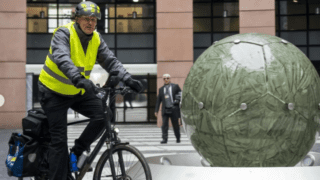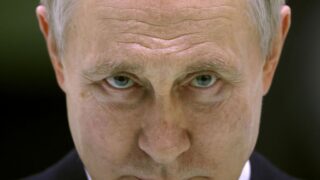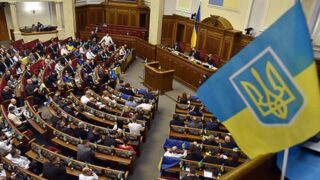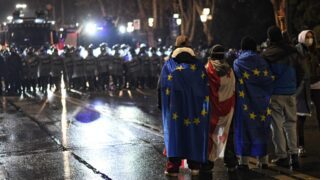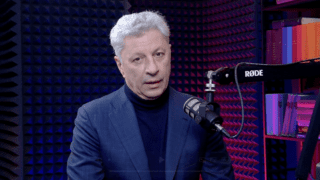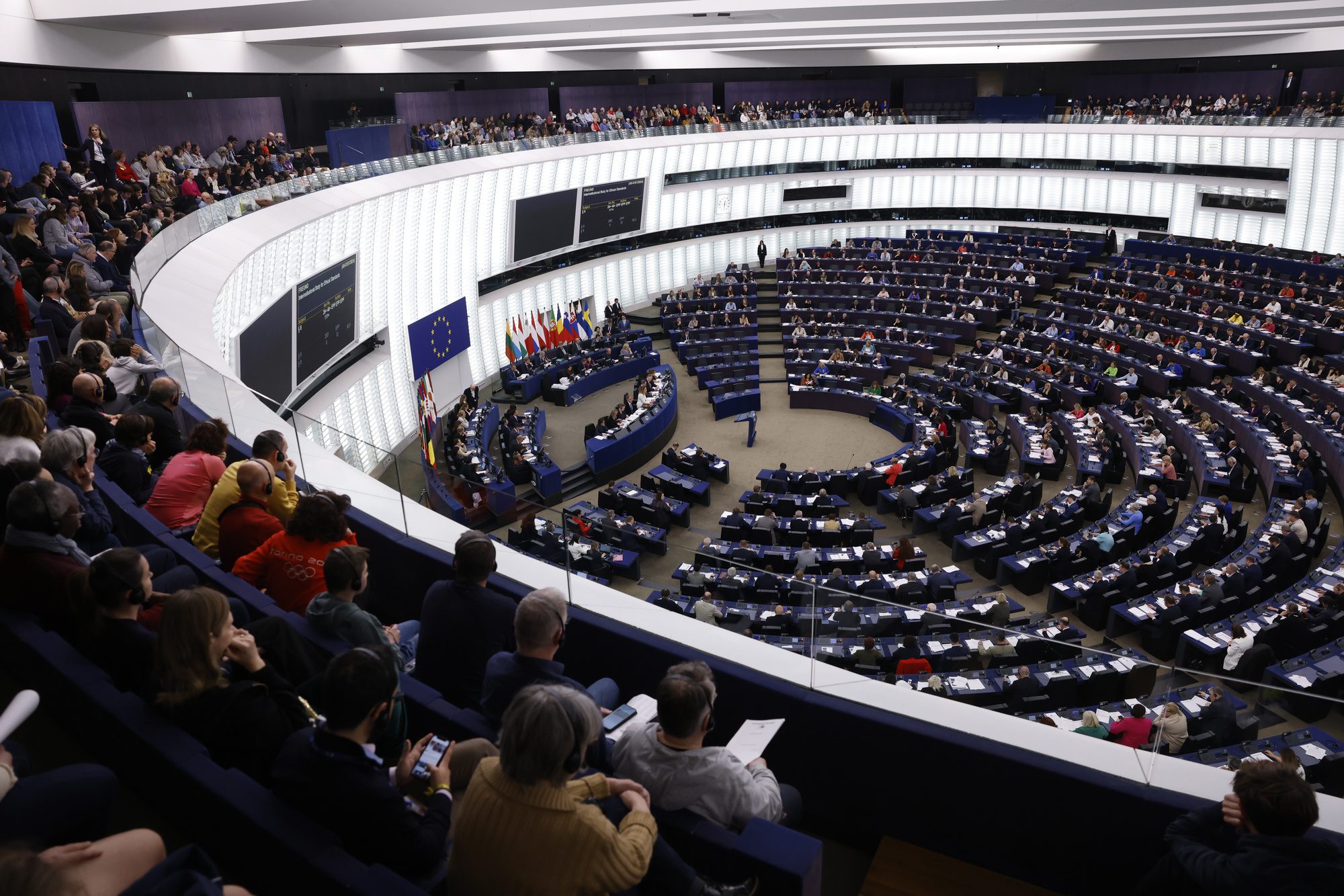
EU Parliament votes to combat Russian historical myths used to justify war against Ukraine
On 23 January, the European Parliament adopted a resolution that condemns the Russian regime’s systematic falsification of historical arguments to justify its war against Ukraine.
In the resolution, the EU Parliament pointed to Russia’s attempts to create a cult of victory, justify totalitarianism, and deny responsibility for Soviet-era crimes, including the Holodomor artificial famine, the Katyn massacre, mass deportations, and the Gulag concentration camp killings.
The resolution was adopted by 480 votes in favor, 58 against, with 48 abstentions.
“I welcome the European Parliament’s decision to condemn Russia for its lack of accountability for the crimes of the Soviet regime, manipulation of history, and glorification of totalitarianism,” said the Speaker of the Verkhovna Rada, Ruslan Stefanchuk after the document’s adoption.
The EU Parliament recognized Russia’s aggression as a continuation of its imperialist policies, with explicit mention of Kremlin crimes ranging from the war in Chechnya to the occupation of Crimea and the invasion of Donbas.
The document condemned Russia’s use of historical revisionism and denial of Ukraine’s national identity. It approved the need to invest in European historical research, preserve the memory of victims of totalitarian regimes, and ban symbols of communism and Russian aggression.
“I am grateful for the resonance between this resolution and the clear stance of the Ukrainian parliament in condemning the nationalist-imperialist ideology, policies, and practices of the current Russian regime (‘Russian World’) and recognizing them as incompatible with international law and European values,” Stefanchuk concluded.
The EU Parliament also called for the immediate withdrawal of Russian troops from all occupied territories, the return of deported individuals, the establishment of a special tribunal to investigate acts of aggression, and intensified efforts to combat Russian disinformation.
In addition, European deputies said they are deeply concerned about social media companies’ recent announcements about relaxing their rules on fact-checking and moderation. Such actions will further enable Russia’s disinformation campaign to spread around the world, they said.
“MEPs want the European Commission and EU member states to strictly enforce the Digital Services Act in response to these announcements by Meta and X, including as an important part of the fight against Russian disinformation,” said the EU Parliament in its statement.
Related:








